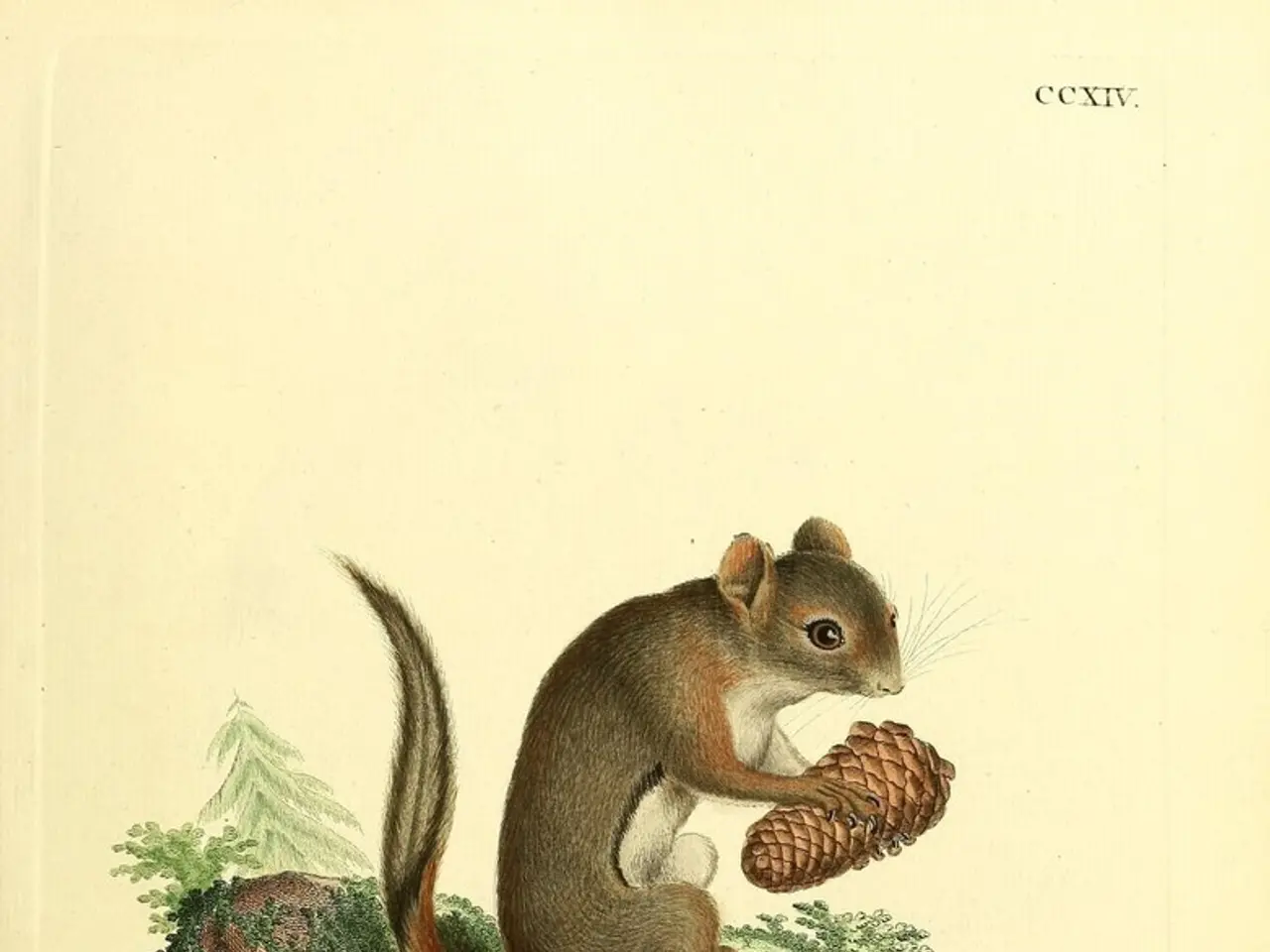Medical Update | Health-Related News:
In a recent development, a skunk found on a residential property east of Eaton in Weld County has tested positive for rabies, marking the first such case since 2023. This viral disease, which is nearly 100% fatal once symptoms begin, serves as a reminder for the county's residents to remain vigilant and take necessary precautions to protect their pets and themselves.
Rabies spreads to people and pets through bites and scratches of an infected animal. Bats and skunks are the most common carriers of rabies in Colorado, but it may also affect other wildlife including foxes, raccoons, and coyotes. The county advises not feeding, touching, or handling wild animals to prevent exposure to rabies.
The largest rabies exposure ever experienced by Weld County occurred in 2018, as reported by health department officials. In that year, 21 people required preventative treatment following contact with wild animals. Unvaccinated pets that come in contact with a rabid animal are required to be euthanized or quarantined for 120 days at the owner's expense.
Vaccinating dogs is considered the most cost-effective way to prevent rabies in humans. Pet owners are urged to have all domestic animals vaccinated by a licensed veterinarian. If bitten or scratched by a potentially rabid animal, wash the wound immediately and seek healthcare evaluation without delay to receive rabies vaccine and immune globulin if indicated.
The county recommends closely watching an unvaccinated puppy or kitten while it is outside until the animal has been vaccinated and for 28 days after the vaccination. Additionally, spaying or neutering pets is suggested to reduce the number of unwanted or stray animals in a neighborhood.
Early symptoms of rabies infection in humans typically appear like the flu — weakness, fever, headache, tingling or itching at the bite site — and progress to severe neurological symptoms such as delirium and hallucinations, hydrophobia (fear and pain when swallowing water), agitation, confusion, insomnia, paralysis, excessive saliva, and difficulty swallowing. Death usually occurs within days after symptoms start.
For more information on rabies signs, prevention methods, and treatment, visit weld.gov/go/zoonosis. If pets have come in contact with a wild animal, contact the county health department at 970-400-2290. Those who have been exposed to rabies should contact a doctor immediately for potential treatment.
- The recent discovery of a rabies-infected skunk in Weld County underscores the importance of public health policies regarding wildlife and pet health.
- Given the significant impact of rabies on both human and pet health, it's crucial to pay attention to environmental factors and ensure protective measures are in place.
- To prevent the spread of rabies, fitness and exercise enthusiasts, mental health practitioners, nutrition experts, and practitioners of various therapies and treatments are also encouraged to educate themselves and their clients about the risks and prevention methods.
- As vaccinating dogs is considered the most cost-effective way to prevent rabies in humans, it's important for policy makers to consider incentives for pet owners to regularly vaccinate their domestic animals.
- Understanding the signs of rabies, the importance of prevention methods, and the urgency of treatment is vital for maintaining community-wide health and wellness, with resources available at weld.gov/go/zoonosis.




